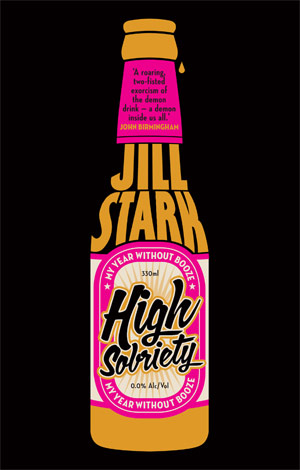The Weekend Australian album reviews, June 2013: QOTSA, Sigur Ros
Two album reviews published in The Weekend Australian Review in June 2013.
Queens Of The Stone Age – …Like Clockwork
The sixth album from this Californian hard rock band solidifies its reputation for consistency. Though founding singer-guitarist Josh Homme is the only ongoing member, he has become known for attracting a rotating cast of accomplished players since the band’s self-titled debut in 1998.
This time he has re-enlisted master sticksman Dave Grohl (Nirvana, Foo Fighters) to keep time, after first trialling this experiment for 2002’s Songs for the Deaf, widely regarded as QOTSA’s finest album. (It helped that the pair hooked up with Led Zeppelin bassist John Paul Jones in 2009, too, as Them Crooked Vultures.)
As expected, it’s an inspired decision, one that sets the tone for yet another compelling collection. Songs such as ‘If I Had a Tail’ and ‘Smooth Sailing’ swagger with a momentum that only Homme and his comrades can muster. First single ‘My God is the Sun’ is the weakest of these 10 tracks; the real gold is buried towards the back.
‘I Appear Missing’ and the closing, title track exceed five minutes and hark back to the expansive suites that featured on the band’s excellent second album, 2000’s Rated R. Homme has long since learned that rock music is all about contrasts: atmosphere is just as important as breakneck chord changes.
“One thing that is clear / It’s all downhill from here,” he sings in the album’s final lyric; he must be taking the piss because six hits and no misses is as remarkable a scorecard as you’ll find among bands of any genre.
LABEL: Matador/Remote Control
RATING: 4 stars
++
There are bands with distinctive sounds, and then there’s Sigur Ros. These Icelandic gentlemen have produced seven albums, including Kveikur (pronounced ‘quaker’, meaning candlewick in the mother tongue); and with each successive release they further distance themselves from any other act, past or present.
Formed in 1994, Sigur Ros has long been associated with the post-rock genre that favours sprawling, intricate compositions eschewing traditional verse-chorus structures. Kveikur is the group’s strongest album yet. It’s certainly Sigur Ros’s most accessible collection. Nine tracks, 48 minutes in total; only the closer, ‘Var’ (Shelter), is forgettable: a wordless, aimless dead-end of sunken, delayed piano notes and sighing strings.
The other eight tracks are thrilling, powerful and inspiring. The nature of the cinematic sound, coupled with the band members’ Icelandic heritage, inevitably conjures mental images of snow-capped mountains and glaciers. Its winter release is ideal. Here, the former quintet is reduced to a three-piece for the first time. Jon Por Birgisson’s incomparable falsetto and bowed guitar playing practically defines this band; even his solo album, 2010’s Go, was virtually indistinguishable from the Sigur Ros catalogue.
Only Georg Holm (bass) and Orri Pall Dyrason (drums) accompany him here, yet you’d never guess that based on the complexity of the production. Layered strings, clattering percussion and soaring sampled effects run through these songs, as best exemplified on second single ‘Isjaki’ (Iceberg). This is excellent music, unlike anything else on earth. For the uninitiated, Kveikur is the ideal starting point.
LABEL: XL Recordings
RATING: 4.5 stars
 Scottish-born journalist Jill Stark was a health reporter with a blind spot: despite writing about Australia’s binge-drinking culture for The Age newspaper, she would regularly drink to excess, as she’d done since her teens.
Scottish-born journalist Jill Stark was a health reporter with a blind spot: despite writing about Australia’s binge-drinking culture for The Age newspaper, she would regularly drink to excess, as she’d done since her teens.